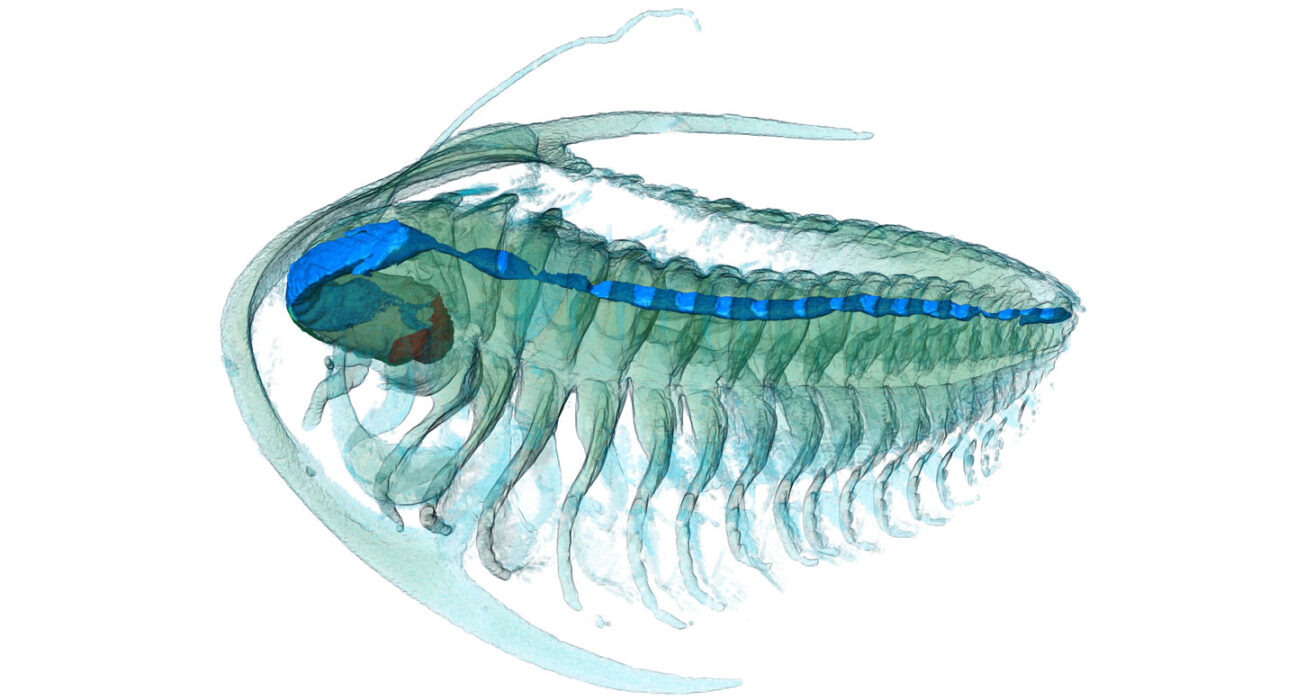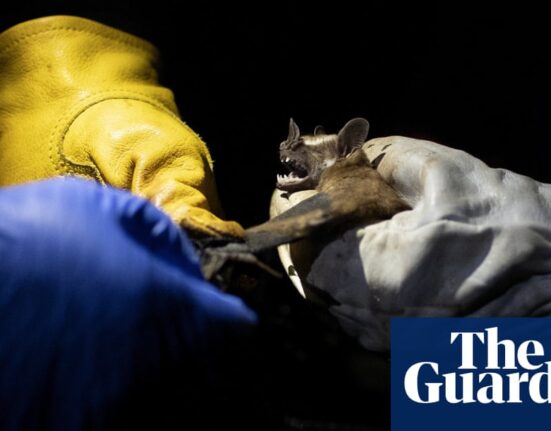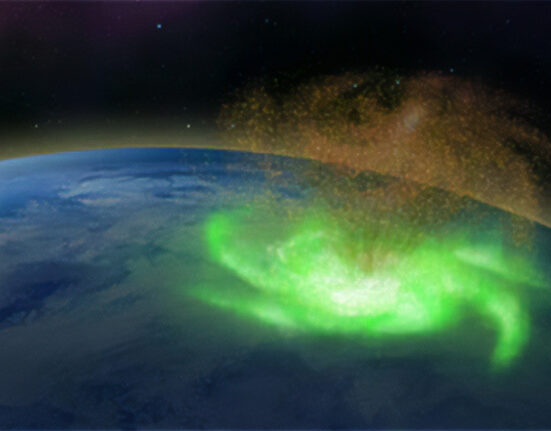3-D: Short for three-dimensional. This term is an adjective for something that has features that can be described in three dimensions — height, width and length.
arthropod: Any of numerous invertebrate animals of the phylum Arthropoda, including the insects, crustaceans, arachnids and myriapods, that are characterized by an exoskeleton made of a hard material called chitin and a segmented body to which jointed appendages are attached in pairs.
ash: (in geology) Small, lightweight fragments of rock and glass spewed by volcanic eruptions.
biology: The study of living things. The scientists who study them are known as biologists.
crustaceans: Hard-shelled water-dwelling animals including lobsters, crabs and shrimp.
eruption: (in geoscience) The sudden bursting or spraying of hot material from deep inside a planet or moon and out through its surface. Volcanic eruptions on Earth usually send hot lava, hot gases or ash into the air and across surrounding land. In colder parts of the solar system, eruptions often involve liquid water spraying out through cracks in an icy crust. This happens on Enceladus, a moon of Saturn that is covered in ice.
evolution: (v. to evolve) A process by which species undergo changes over time, usually through genetic variation and natural selection. These changes usually result in a new type of organism better suited for its environment than the earlier type. The newer type is not necessarily more “advanced,” just better adapted to the particular conditions in which it developed.
exoskeleton: A hard, protective outer body covering of many animals that lack a true skeleton, such as an insect, crustacean or mollusk. The exoskeletons of insects and crustaceans are largely made of chitin.
extinct: An adjective that describes a species for which there are no living members.
fossil: Any preserved remains or traces of ancient life. There are many different types of fossils: The bones and other body parts of dinosaurs are called “body fossils.” Things like footprints are called “trace fossils.” Even specimens of dinosaur poop are fossils. The process of forming fossils is called fossilization.
insight: The ability to gain an accurate and deep understanding of a situation just by thinking about it, instead of working out a solution through experimentation.
limb: (in physiology) An arm or leg.
paleontologist: A scientist who specializes in studying fossils, the remains of ancient organisms.
specialization: The act of having focused — or specialized — on a particular interest, skill or technique.
system: A network of parts that together work to achieve some function. For instance, the blood, vessels and heart are primary components of the human body’s circulatory system. Similarly, trains, platforms, tracks, roadway signals and overpasses are among the potential components of a nation’s railway system. System can even be applied to the processes or ideas that are part of some method or ordered set of procedures for getting a task done.
tissue: Made of cells, it is any of the distinct types of materials that make up animals, plants or fungi. Cells within a tissue work as a unit to perform a particular function in living organisms. Different organs of the human body, for instance, often are made from many different types of tissues.
trilobite: An extinct group of arthropods that were related to modern-day insects.












